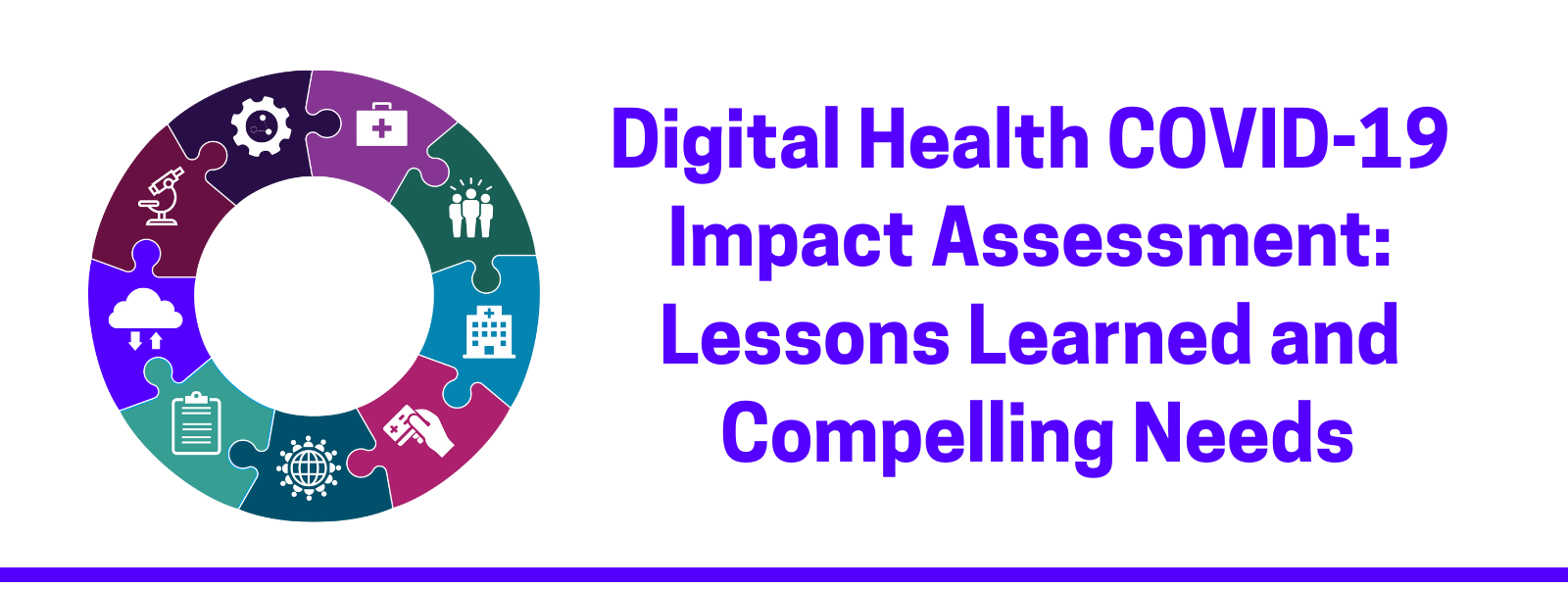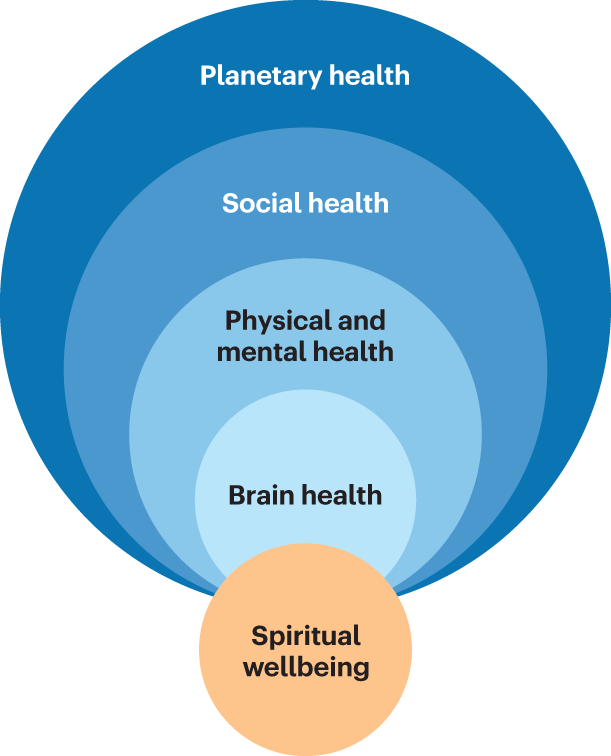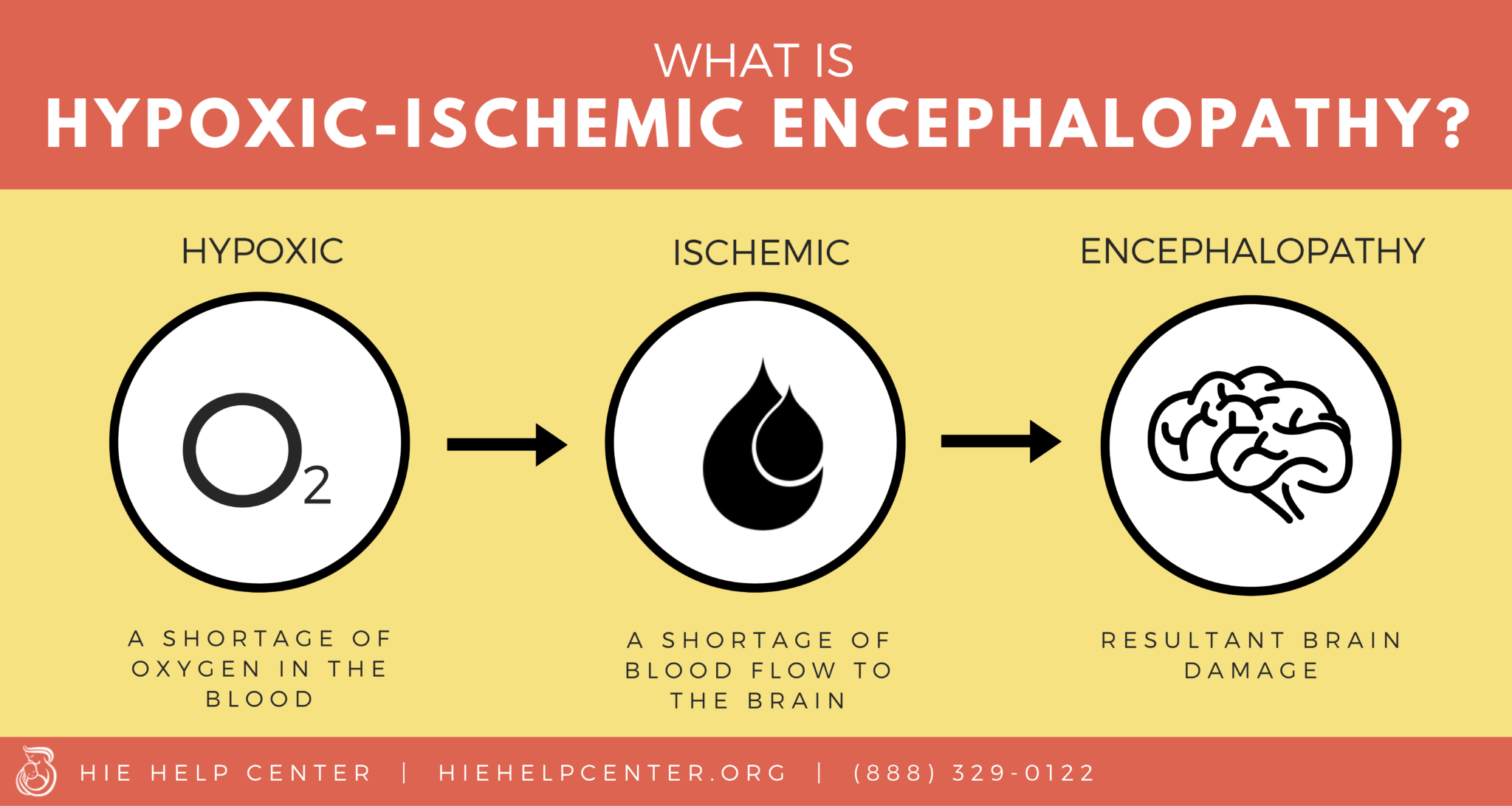Progress and Ongoing Challenges to Electronic Public Health Reporting Among Non-Federal Acute Care Hospitals
Por um escritor misterioso
Descrição
As of January 2022, eligible hospitals and critical access hospitals (CAHs) that participate in the Centers for Medicare & Medicaid Services’ (CMS) Medicare Promoting Interoperability (PI) Program are required to electronically submit data to public health agencies (PHAs) for syndromic surveillance, immunization registry, electronic reportable laboratory result (lab reporting), and electronic case reporting. Public health registry and clinical data registry reporting are not required but qualify for bonus points (1). During the COVID-19 pandemic, U.S. hospitals were also required to report data associated with hospital capacity and utilization of medical supplies to assist the government with resource allocation. This data brief uses nationally representative survey data from the 2022 American Hospital Association (AHA) Information Technology (IT) supplement to describe non-federal acute care hospitals’ active engagement towards electronically submitting data for required and optional public health and hospital capacity reporting. This analysis shows progress in hospitals’ rates of electronic reporting since 2021 (2) and highlights challenges that may hinder hospital capacity to contribute timely and accurate data to support PHAs’ ability to effectively respond to current and future public health emergencies.

Digital Health COVID-19 Impact Assessment: Lessons Learned and Compelling Needs - National Academy of Medicine

Medicaid coverage practices for approved gene and cell therapies: Existing barriers and proposed policy solutions: Molecular Therapy - Methods & Clinical Development

HIGH-RISK SERIES Efforts Made to Achieve Progress Need to Be Maintained and Expanded to Fully Address All Areas

Comparing Six Health-Care Systems in a Pandemic

Global synergistic actions to improve brain health for human development

Challenges to Public Health Reporting Experienced by Non-Federal Acute Care Hospitals, 2019

Fair Allocation of Scarce Medical Resources in the Time of Covid-19

Progress and Ongoing Challenges to Electronic Public Health Reporting Among Non-Federal Acute Care Hospitals

Electronic Public Health Reporting among Non-Federal Acute Care Hospitals During the COVID-19 Pandemic, 2021

Why Doctors Hate Their Computers
de
por adulto (o preço varia de acordo com o tamanho do grupo)







